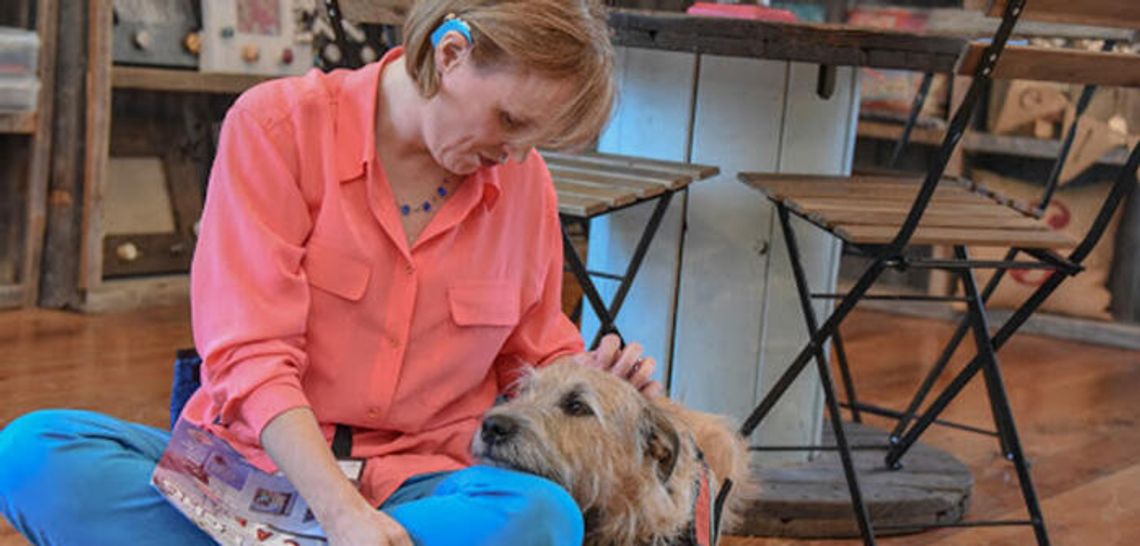[dropcap]A[/dropcap]fter working as a civil trial lawyer in Houston for eight years, Sheri Soltes realized the job was too combative for her liking.
Soltes instead sought another line of work that she could put her heart into.
After reading a magazine article on people who help train service dogs, Soltes was inspired to found Service Dogs, Inc. (SDI) in 1988 in Houston.
PLEASE LOG IN FOR PREMIUM CONTENT. Our website requires visitors to log in to view the best local news.
Not yet a subscriber? Subscribe today!










